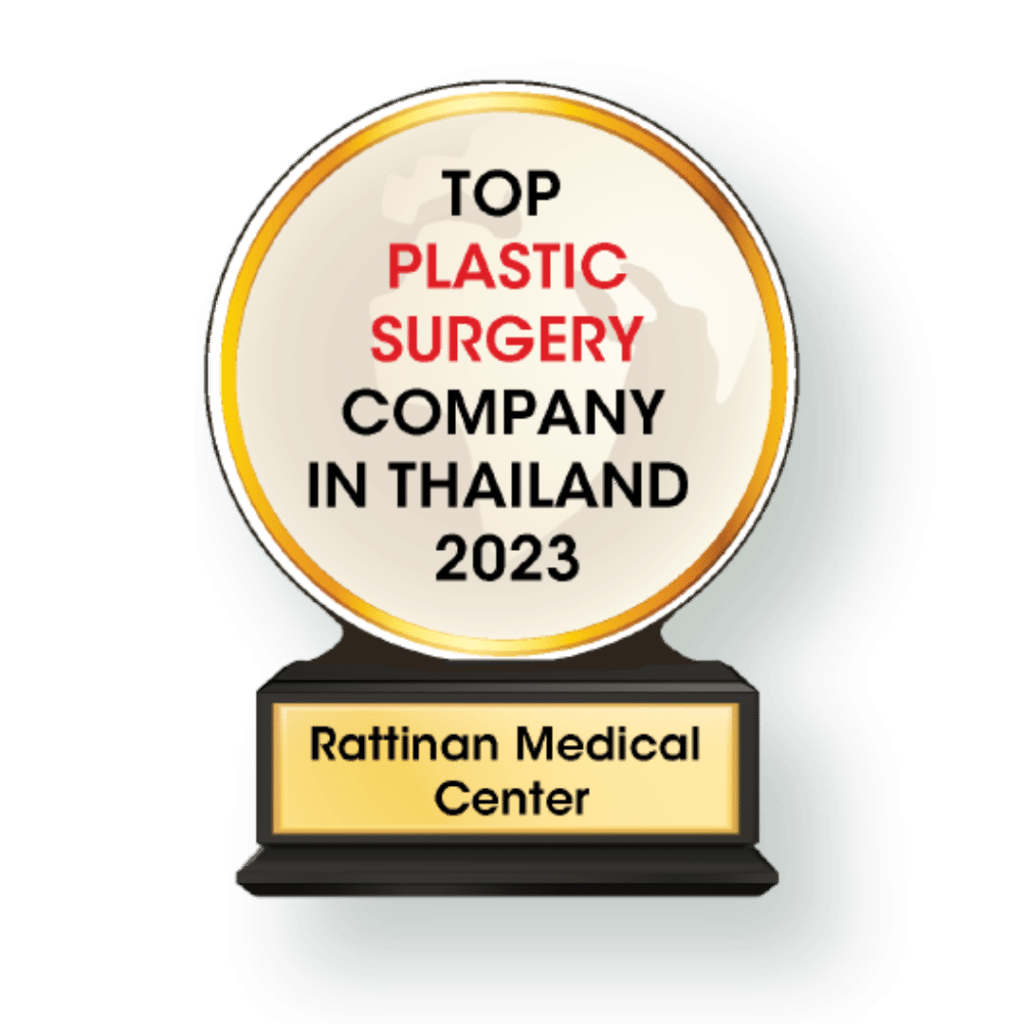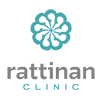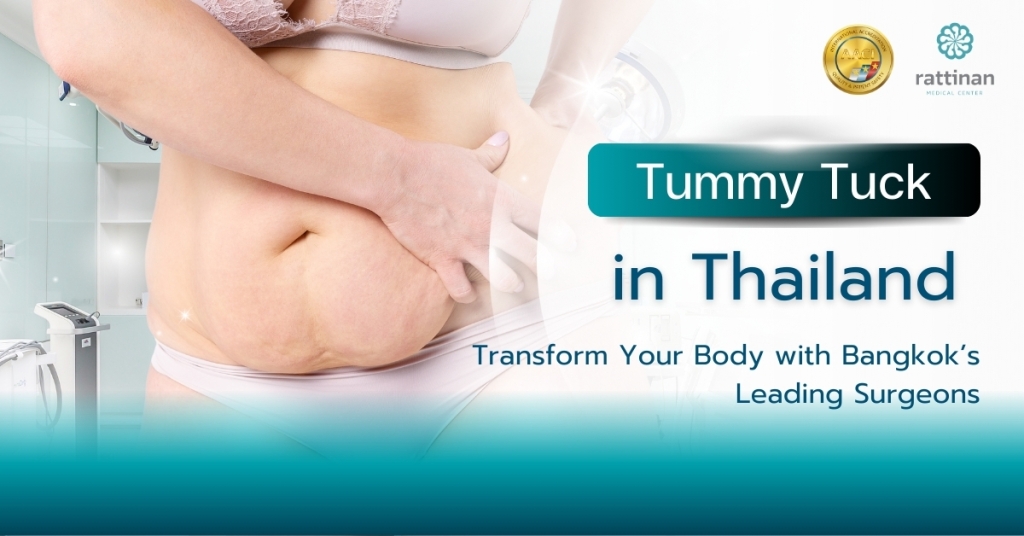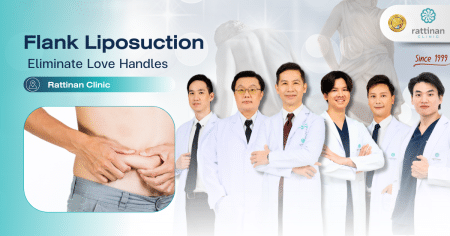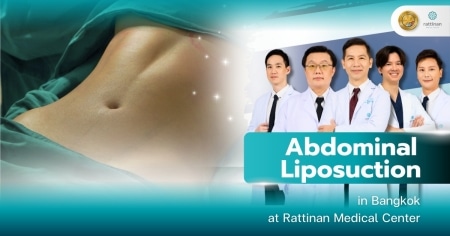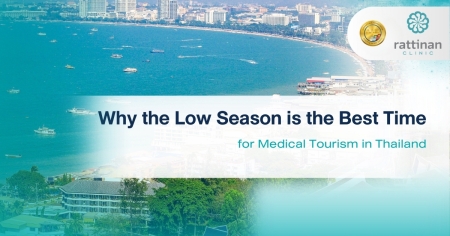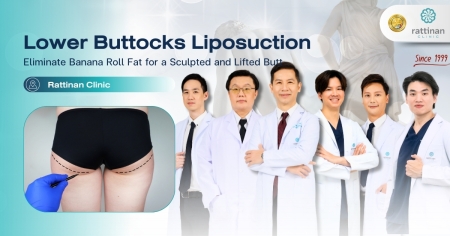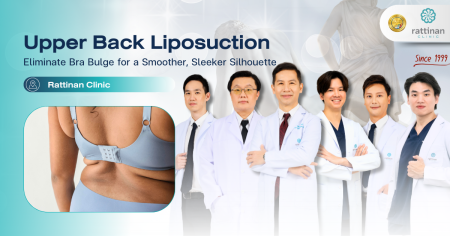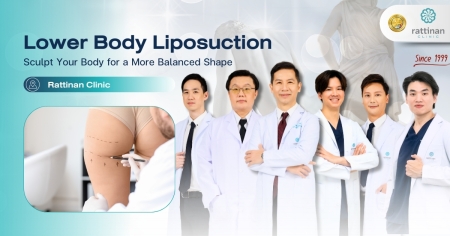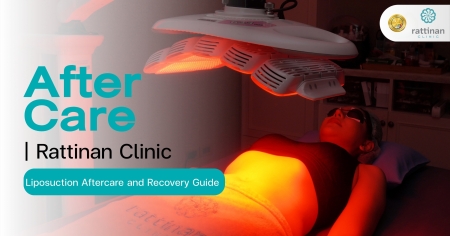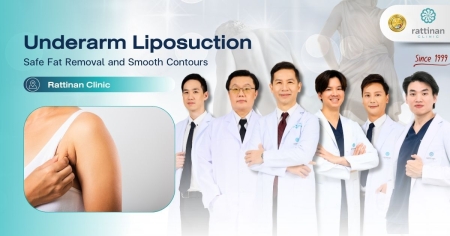Understanding Plastic Surgery
What is plastic surgery?
Plastic surgery is more than just enhancing appearance—it helps restore confidence, correct medical concerns, and improve overall well-being. It involves reshaping or reconstructing facial and body structures affected by trauma, birth conditions, or medical conditions.
Does ‘plastic’ in plastic surgery mean artificial?
Not at all. The word comes from the Greek term plastikos, meaning “to mold” or “to give form,” reflecting the artistry involved in these procedures.
What areas of the body can plastic surgery address?
Plastic surgery can improve a variety of concerns, including:
- Skin: Scars, burns, birthmarks, and tattoo removal.
- Facial Structure: Procedures like cleft lip repair and facial contouring.
- Body Shape: Contouring, fat removal, and reconstructive surgeries.
What qualifications should a plastic surgeon have?
A board-certified plastic surgeon must complete extensive training, including:
- Graduation from an accredited medical school.
- A minimum of five years of surgical training.
- At least two years dedicated to plastic surgery.
- Passing written and oral certification exams.
- Recertification every 10 years to maintain high standards.
Types of Plastic Surgery
How many types of plastic surgeries?
Plastic surgery falls into two main categories:
Reconstructive Surgery
Designed to restore function and appearance in areas affected by trauma, disease, congenital conditions, or developmental abnormalities.
Cosmetic Surgery
Focused on enhancing natural features and reshaping body structures for aesthetic purposes.
What is cosmetic plastic surgery?
This includes procedures to:
- Sculpt body contours.
- Smooth wrinkles and fine lines.
- Treat varicose veins.
- Enhance features like the breasts, face, or hairline.
Cost and Insurance for Cosmetic Surgery
Does insurance cover cosmetic plastic surgery?
Most cosmetic procedures are considered elective and are not covered by insurance. However, reconstructive surgeries for medical reasons may qualify for coverage.
What are the most common cosmetic surgery procedures?
- Surgical: Breast augmentation, liposuction, rhinoplasty (nose reshaping), tummy tuck, facelifts, and eyelid lifts.
- Minimally Invasive: Botox, laser treatments, chemical peels, dermabrasion, and injectable fillers.
What are non-surgical cosmetic treatments?
These include Botox, laser skin treatments, cellulite reduction, and facial rejuvenation with collagen or fat injections.
Pain, Recovery, and Emotional Well-Being
How painful is plastic surgery?
Pain varies by procedure, but modern techniques minimize discomfort. Most post-surgery pain is manageable and improves over time.
What factors affect post-surgery pain?
Several factors influence discomfort, including:
- Age: Younger individuals may be more sensitive to pain.
- Pain Tolerance: Those with previous surgery experience often cope better.
- Anesthesia Use: Ensures comfort during surgery and helps manage pain after.
- Procedure Type: More extensive surgeries may involve longer recovery periods.
Is it normal to experience emotional changes after surgery?
Absolutely. It’s common to go through a mix of emotions, including:
- Excitement: Looking forward to results.
- Anxiety: Concerns about recovery and outcomes.
- Impatience: Frustration while waiting for swelling to subside.
- Sadness or Regret: Temporary doubts are natural during the healing process.
How does plastic surgery impact mental health?
Setting realistic expectations is key. Surgery can boost confidence, but it may also affect relationships and social interactions in unexpected ways.
How can I cope with negative emotions during recovery?
- Talk to a trusted friend, family member, or therapist.
- Maintain a healthy lifestyle with balanced nutrition and exercise.
- Remind yourself that healing takes time and emotional ups and downs are normal.
How can I embrace positive changes after surgery?
- Appreciate the transformation and recognize your courage in making this decision.
- Focus on self-care and activities that boost confidence.
- Celebrate your journey toward self-improvement.
Trends and Popular Procedures
What were the most popular plastic surgery procedures in 2025?
- Liposuction: The most sought-after body contouring procedure for removing stubborn fat.
- Breast Augmentation: Enhancing size, shape, and symmetry.
- Tummy Tuck: Removing excess skin and tightening abdominal muscles.
Why is liposuction so popular?
Liposuction effectively removes fat from areas like the stomach, waist, hips, chin, and thighs, helping patients achieve their desired contours when diet and exercise aren’t enough.
What are the benefits of breast augmentation?
- Enhances body proportions and symmetry.
- Corrects congenital breast differences.
- Can be part of reconstruction after mastectomy.
- Performed using implants or fat transfer for a natural look.
Is a tummy tuck only for cosmetic reasons?
No, it provides both aesthetic and functional benefits, including:
- Removing excess skin and fat.
- Correcting abdominal muscle separation (diastasis recti).
- Alleviating discomfort caused by loose skin.
Plastic Surgery at Rattinan Medical Center
What services does Rattinan Medical Center offer?
- Facial Rejuvenation: Facelifts, eyelid lifts, and brow lifts.
- Skin Treatments: Addressing scars, aging, and other skin concerns.
- Body Contouring: Liposuction, tummy tucks, and fat reduction.
- Men’s Health Solutions: Specialized treatments tailored for male patients.
Are facial rejuvenation services surgical?
Yes, Rattinan offers both surgical and non-surgical facial rejuvenation options, including Botox and dermal fillers.
How effective are weight loss solutions at Rattinan?
Our surgical and non-surgical weight loss treatments are designed to provide safe, long-term results.
Why choose Rattinan Medical Center?
- Expert Surgeons: Practicing since 1999 with specialized expertise.
- Skilled Medical Team: Highly trained in plastic surgery.
- High Standards: Modern technology and international safety protocols.
- Award-Winning Care: Recognized for excellence in cosmetic treatments.
- Personalized Attention: Focused on both pre- and post-surgery care.
How does Rattinan Medical Center ensure safety?
We use only certified medical tools, maintain sterile environments, and adhere to the highest safety standards for patient well-being.
Is pricing transparent at Rattinan?
Yes, we provide clear and upfront pricing with no hidden fees.
How experienced are Rattinan’s doctors?
Our surgeons have over 25 years of experience and follow strict medical guidelines for optimal outcomes.
Can I see real patient results?
Absolutely. We offer before-and-after galleries showcasing our work.
Is the consultation for plastic surgery at Rattinan free?
Yes, consultations are completely free so you can explore your options without commitment.
Can I travel alone to Rattinan Medical Center, Bangkok, from abroad for surgery?
Yes, with services like Private Nurse Care, you’ll have personalized support during your recovery.
